
Who needs to cut back — or stay away — from pickled vegetables?
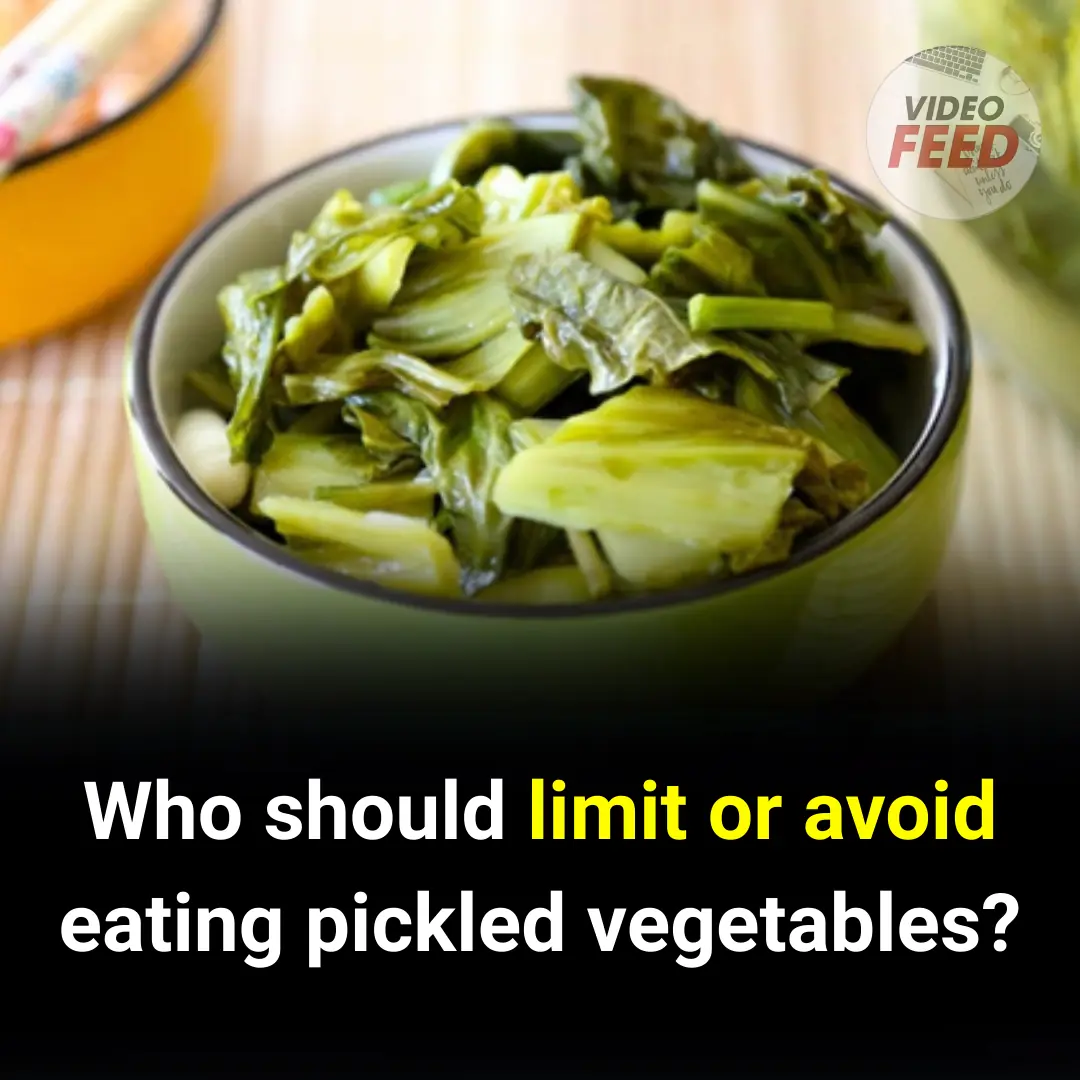
Benefits and Risks of Eating Pickled Vegetables
Who should limit or avoid eating pickled vegetables?
Pickled mustard greens and eggplants – a “favorite dish” of many people.
Benefits:
-
Rich in probiotics that are good for health: Pickling is a form of fermentation. When vegetables and fruits ferment, beneficial bacteria help break down the hard-to-digest cellulose as well as some natural sugars. These beneficial bacteria not only prevent spoilage but also increase the number of good bacteria in your gut when consumed.
-
Provide antioxidants for the body: Natural antioxidants found in fruits and vegetables—such as vitamins A, C, E, beta-carotene, selenium, and zinc—help fight free radicals. Free radicals are unstable chemicals formed during metabolism that can damage cells and lead to cardiovascular disease, cancer, and aging. Cooking, especially boiling vegetables, often reduces antioxidant levels. Since pickled vegetables are not cooked, their antioxidants are better preserved.

However, despite these benefits, pickled vegetables also carry the following risks:
-
Stomach cancer: Foods preserved with high amounts of salt increase the risk of stomach cancer. Studies show that people who frequently consume salted and pickled foods have a significantly higher incidence of gastric cancer.
-
High blood pressure: To preserve any food with pickling, at least 5% salt is required. Eating too much pickled food means consuming large amounts of sodium, increasing the risk of hypertension and other health issues.
Who should not eat pickled vegetables?
People with stomach problems: Eating pickled vegetables may stimulate excess gastric acid secretion, worsen gastroesophageal reflux, and trigger existing stomach ulcers.
People with hypertension and cardiovascular disease: Because of the high sodium content, pickled vegetables can raise blood pressure and should be avoided by those with hypertension.
Kidney disease patients: Especially those with renal failure, since their ability to excrete sodium is poor. Eating pickled vegetables may cause sodium retention, edema, and high blood pressure.
People with digestive disorders: Those with chronic colitis or frequent digestive disturbances should avoid pickled vegetables. Although pickled vegetables contain beneficial bacteria, “quick pickles” or improperly fermented varieties may harbor harmful microorganisms that worsen digestive issues.
Pregnant women: During pregnancy, the digestive system is more sensitive, especially in early stages with nausea. Pickled vegetables may increase bloating and nausea. Moreover, the safety of additives or hygiene during fermentation cannot always be ensured. In late pregnancy, doctors often advise a low-salt diet to prevent edema and preeclampsia; therefore, pregnant women should avoid pickled vegetables.
Children under 5 years old: Since their kidneys and digestive systems are immature, consuming salty pickled vegetables may impair sodium excretion and cause digestive issues.
How to eat pickled vegetables for health benefits?
Who should limit or avoid eating pickled vegetables? – Image 3
It is best to prepare pickled vegetables at home to ensure safety.
Pickled vegetables are delicious and healthy when consumed properly. If you are not in one of the six groups above, you can enjoy pickled vegetables—but how you eat them matters:
-
Eat in moderation: Consume a reasonable amount as a side dish to stimulate appetite and aid digestion.
-
Only eat when fully fermented: Pickled vegetables should be yellow, sour, and fragrant. Do not eat quick-pickled or spoiled pickles, as they may contain nitrosamines, which can cause cancer.
-
Rinse before eating: Wash thoroughly and squeeze out excess liquid to reduce salt and acidity. Do not put leftover pickles back into the jar to avoid contamination. Always use clean utensils and store the jar tightly sealed in the refrigerator.
-
Make your own at home: Homemade pickles allow you to control salt levels, avoid preservatives, and ensure hygiene. Use clean containers such as glass jars, ceramic, or stainless steel. Once fermented, store them in the fridge to preserve flavor and safety.
In summary, pickled vegetables offer many health benefits, especially when eaten in moderation and prepared properly. Reducing excess salt and acidity before eating will maximize their nutritional value and minimize health risks.
News in the same category

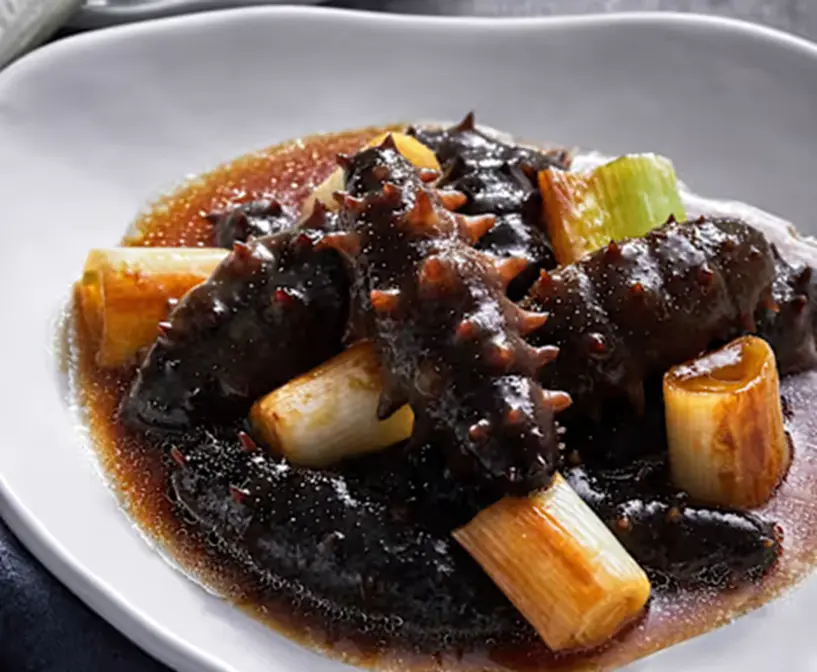
6 Types of Summer Seafood as Nutritious as Ginseng
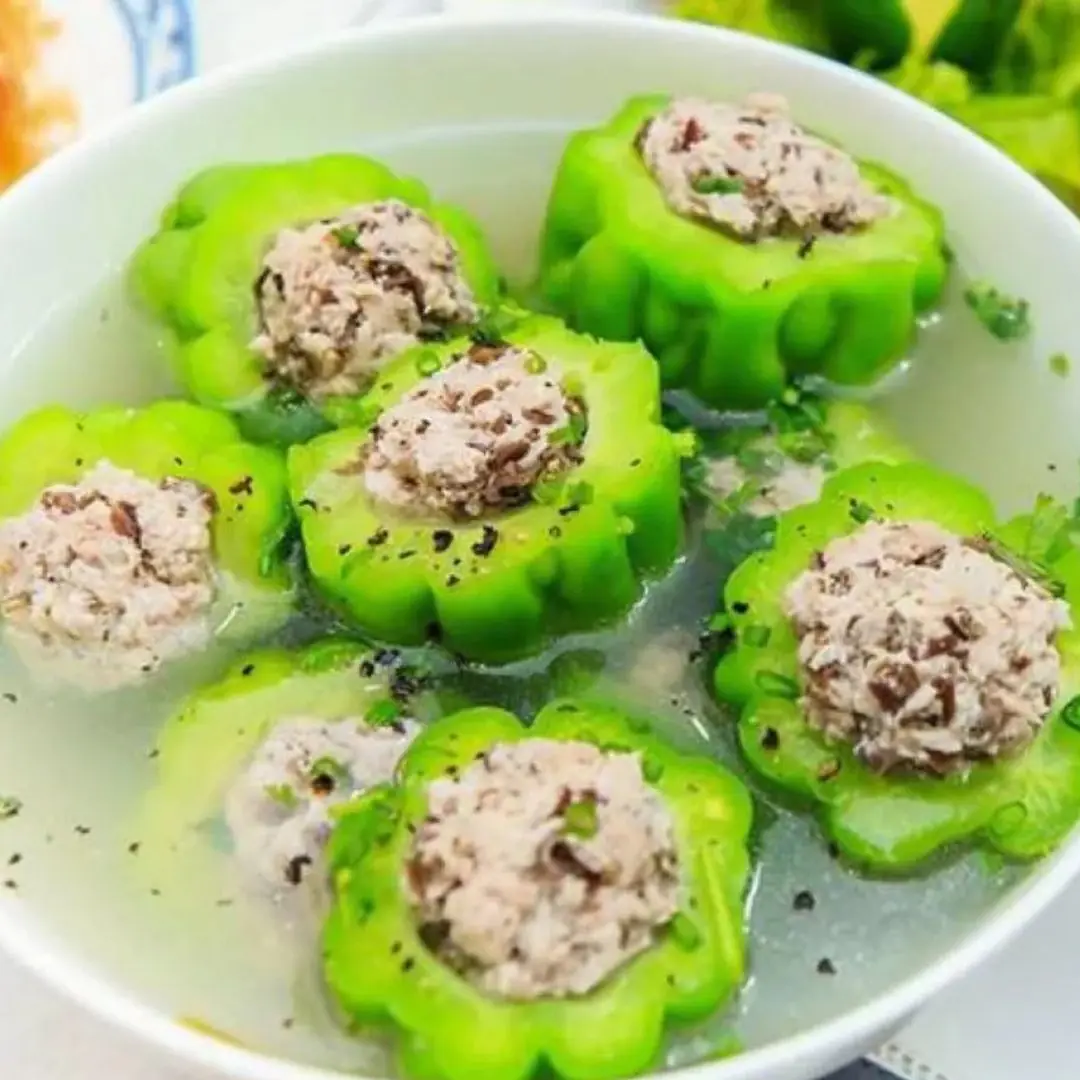
Not for everyone: 5 groups who should be wary of bitter melon
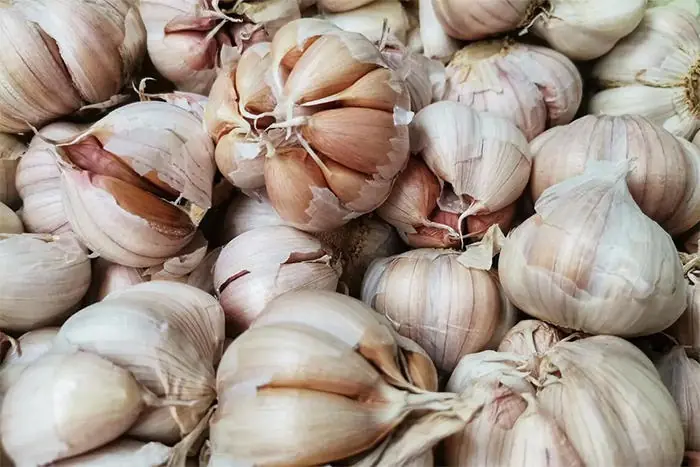
5 Types of Garlic with High To.xin Levels That Could Cost You Your Health

Visible Green Veins in 6 Areas Could Signal Hidden Diseases

Puffy eyes when waking up: 6 causes and remedies

Be careful with the phenomenon of waking up with blurred vision
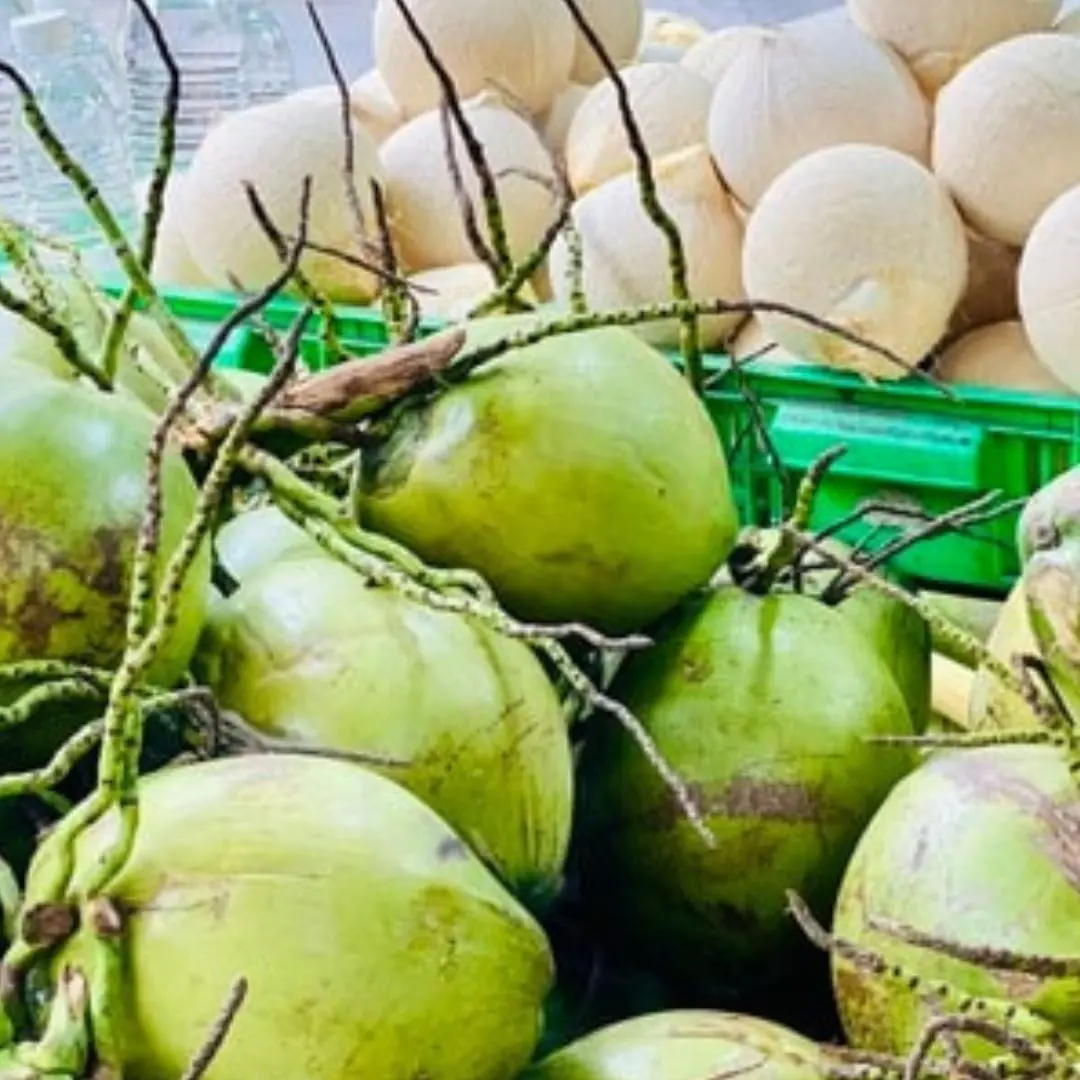
6 Nighttime Drinks That Can Ruin Your Sleep — Especially the Third One, Which Most People Drink Before Bed Without Realizing Its Hidden Dangers
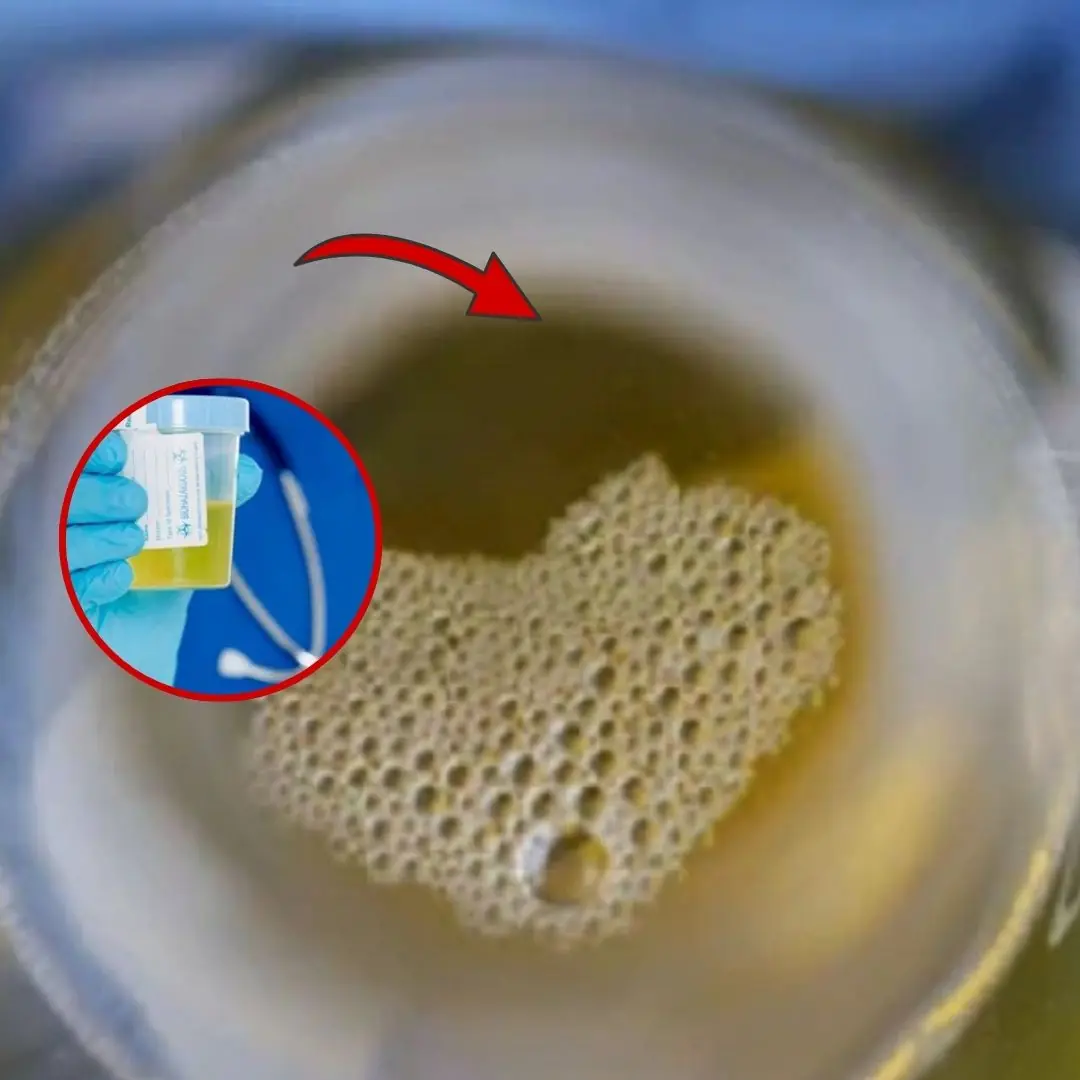
Men and women who see these 3 signs in their urine need to see a doctor for kidney failure immediately

A Woman’s Kid.ney Turned to “Stone” and Had to Be Completely Removed

7 Types of Foods That Don’t Spoil Easily

4 Finger Signs That May Signal Li.ver and Lu.ng Can.cer

Japan Reveals the Top 5 Foods to Eat Every Day

A bitter taste in your mouth every morning? Don’t take it lightly — it may signal an underlying illness

Sudden headache while sweeping the floor, 48-year-old woman went to the doctor and discovered a ruptured brain aneurysm

56-year-old man contracts food poisoning from a favorite dish of many Vietnamese people
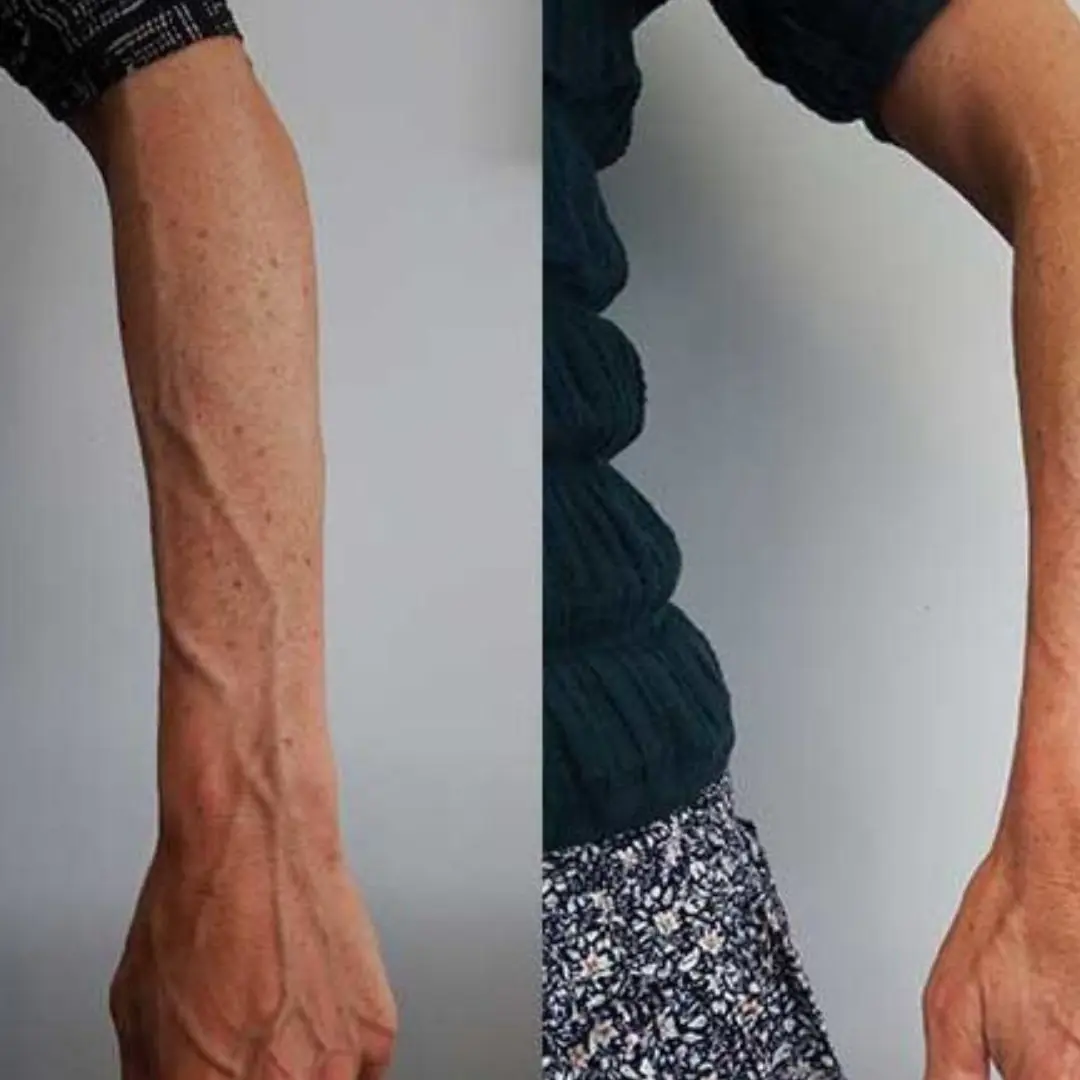
Bulging Arm and Hand Veins: Causes and Treatments
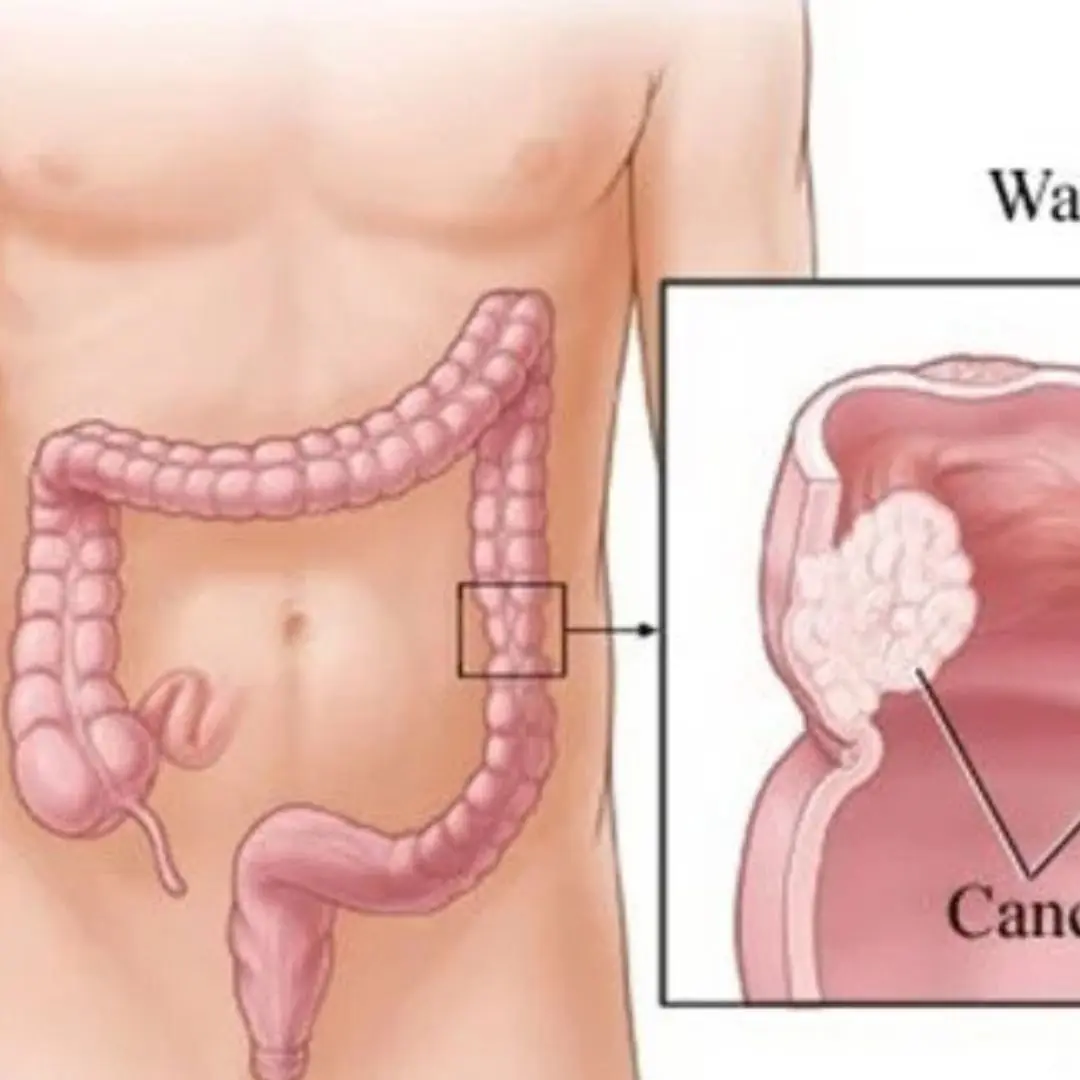
Ca.n.cer is painless at first, but if you notice these 8 signs while going to the bathroom, you should see a doctor immediately
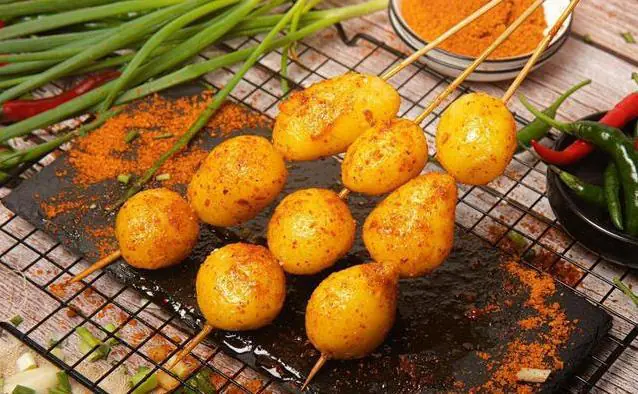
5 Foods That Can Wreck Your Kidn.eys Without Mercy
News Post

How a baby aban.doned on a flight led to a new family and a new beginning

Why do Japanese people put towels on their heads when bathing in hot springs?

Waking up with bruises on your legs, a dangerous sign that you should not ignore

6 Types of Summer Seafood as Nutritious as Ginseng

5 Areas of the Body Turning Black May Indicate Can.cer

Do This Extra Step Before Boiling Chicken Breast for Juicy, Tender, and Not-Dry Results
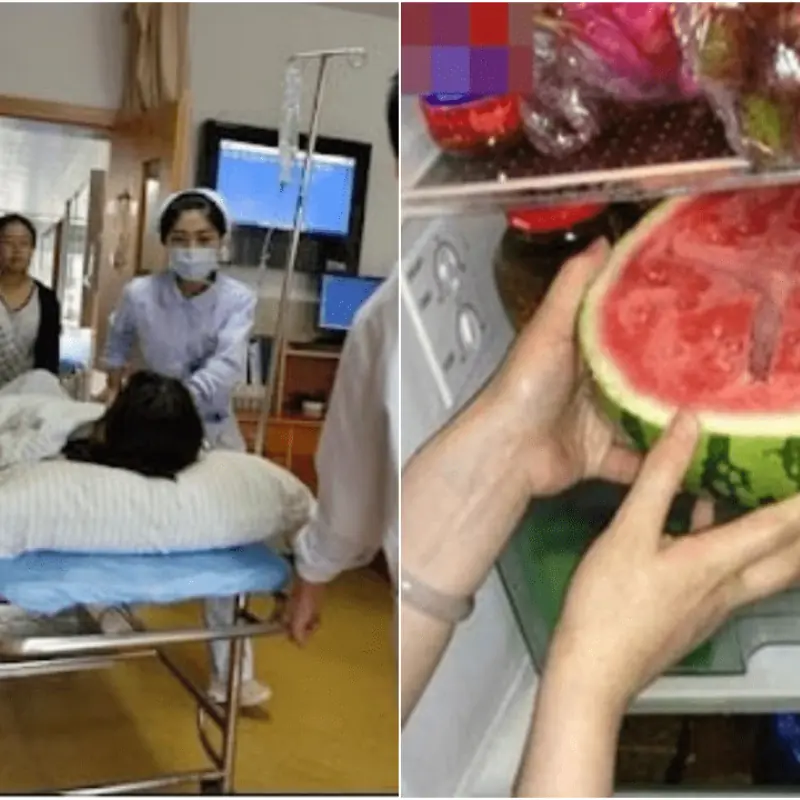
A Woman Hospitalized After Eating Refrigerated Watermelon

Not for everyone: 5 groups who should be wary of bitter melon

5 Types of Garlic with High To.xin Levels That Could Cost You Your Health
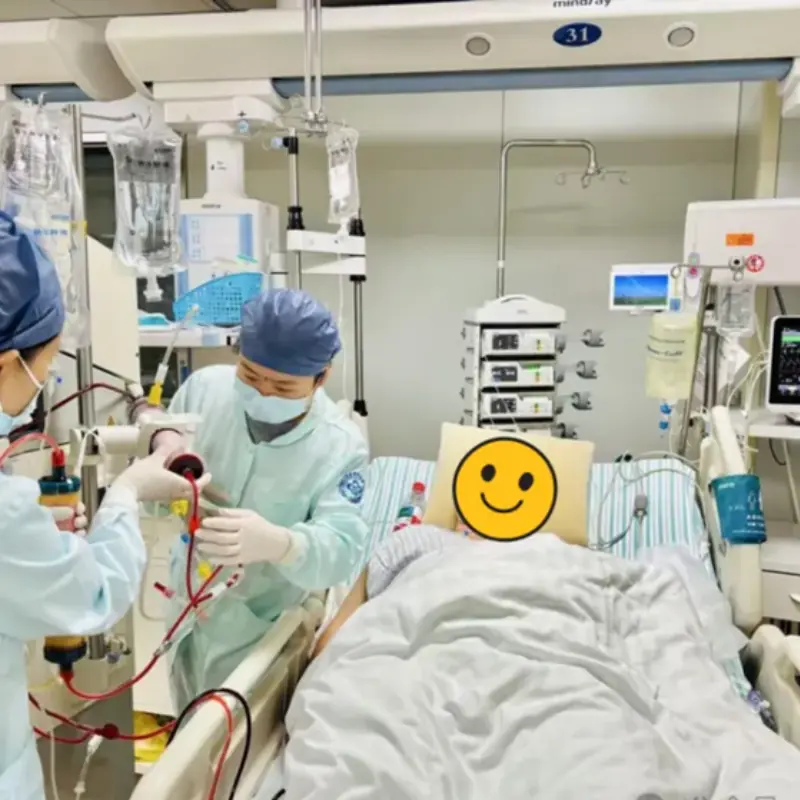
The Man with Blo.od ‘As Thick as Pork Fat’ Because of Something Many People Love

Visible Green Veins in 6 Areas Could Signal Hidden Diseases

Puffy eyes when waking up: 6 causes and remedies

Be careful with the phenomenon of waking up with blurred vision

6 Nighttime Drinks That Can Ruin Your Sleep — Especially the Third One, Which Most People Drink Before Bed Without Realizing Its Hidden Dangers
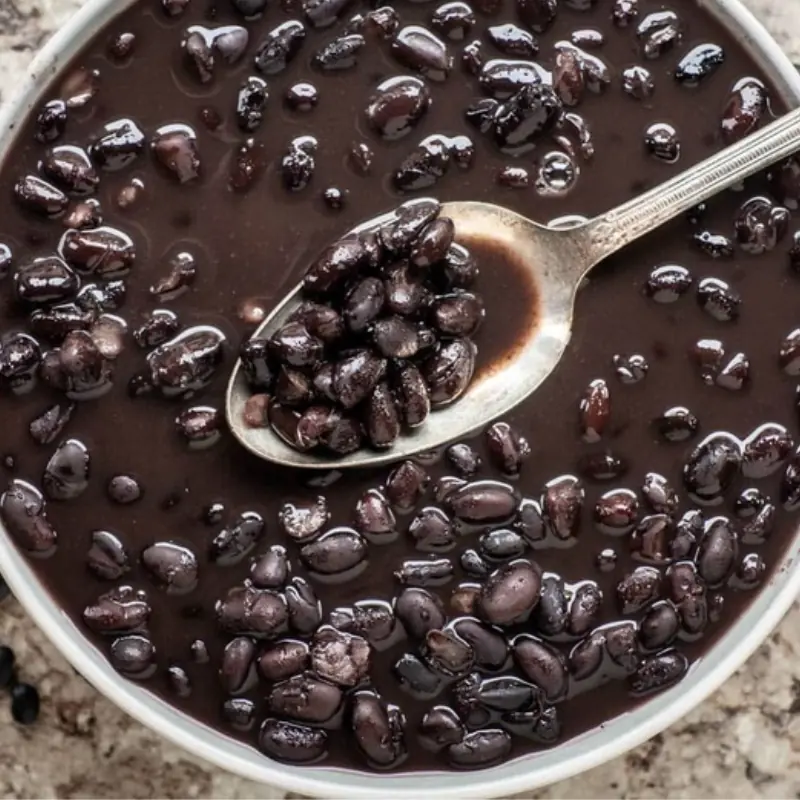
American Doctor Reveals the "3 Seeds, 2 Vegetables, 1 Meat" Best

Men and women who see these 3 signs in their urine need to see a doctor for kidney failure immediately

A Woman’s Kid.ney Turned to “Stone” and Had to Be Completely Removed
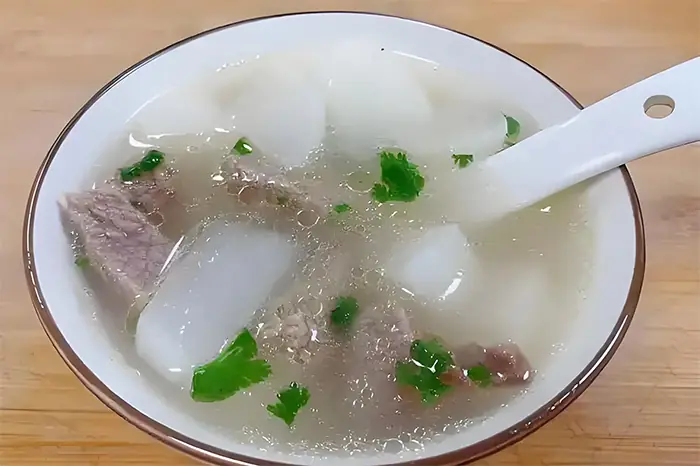
In Autumn, Eat These 3 Lu.ng-Nourishing Dishes Regularly to Prevent Cough and Thr.oat Irritation
